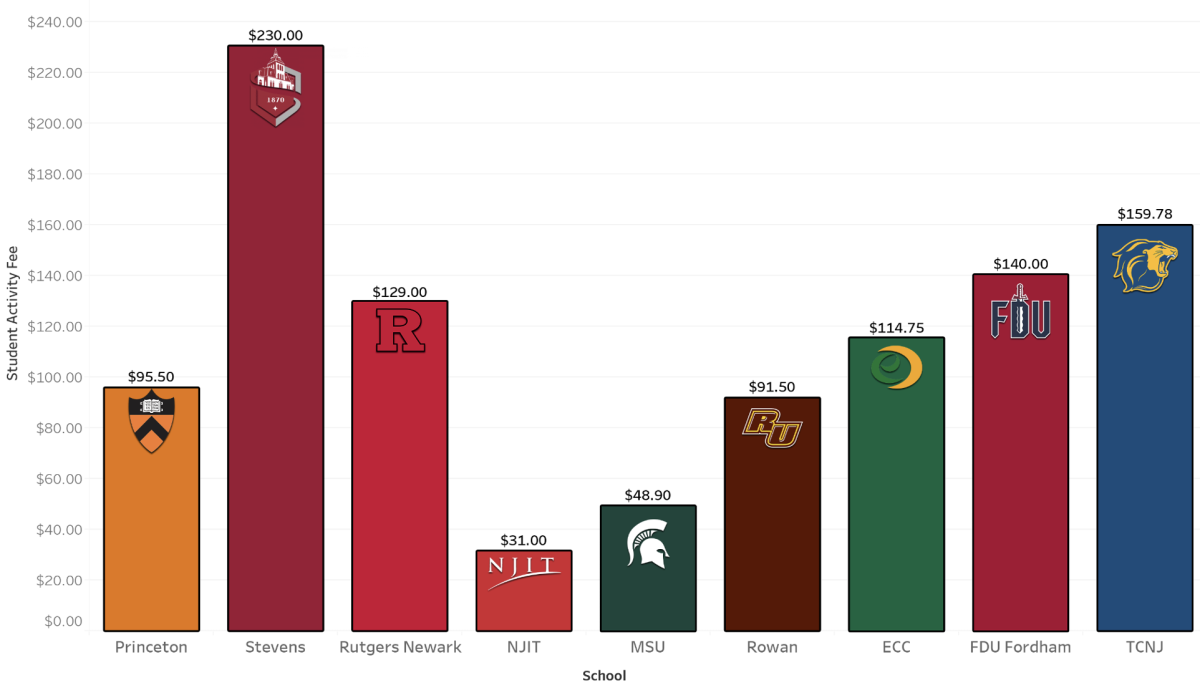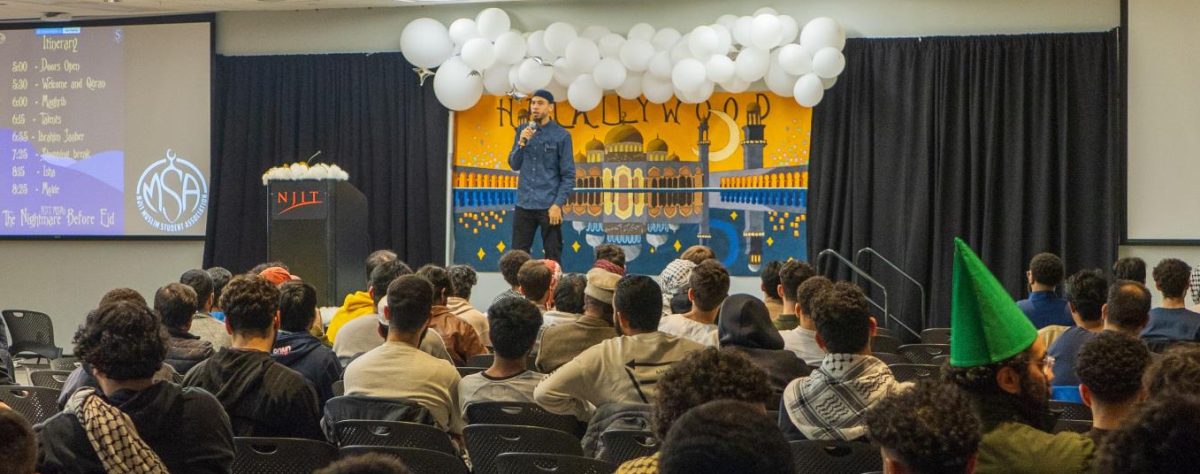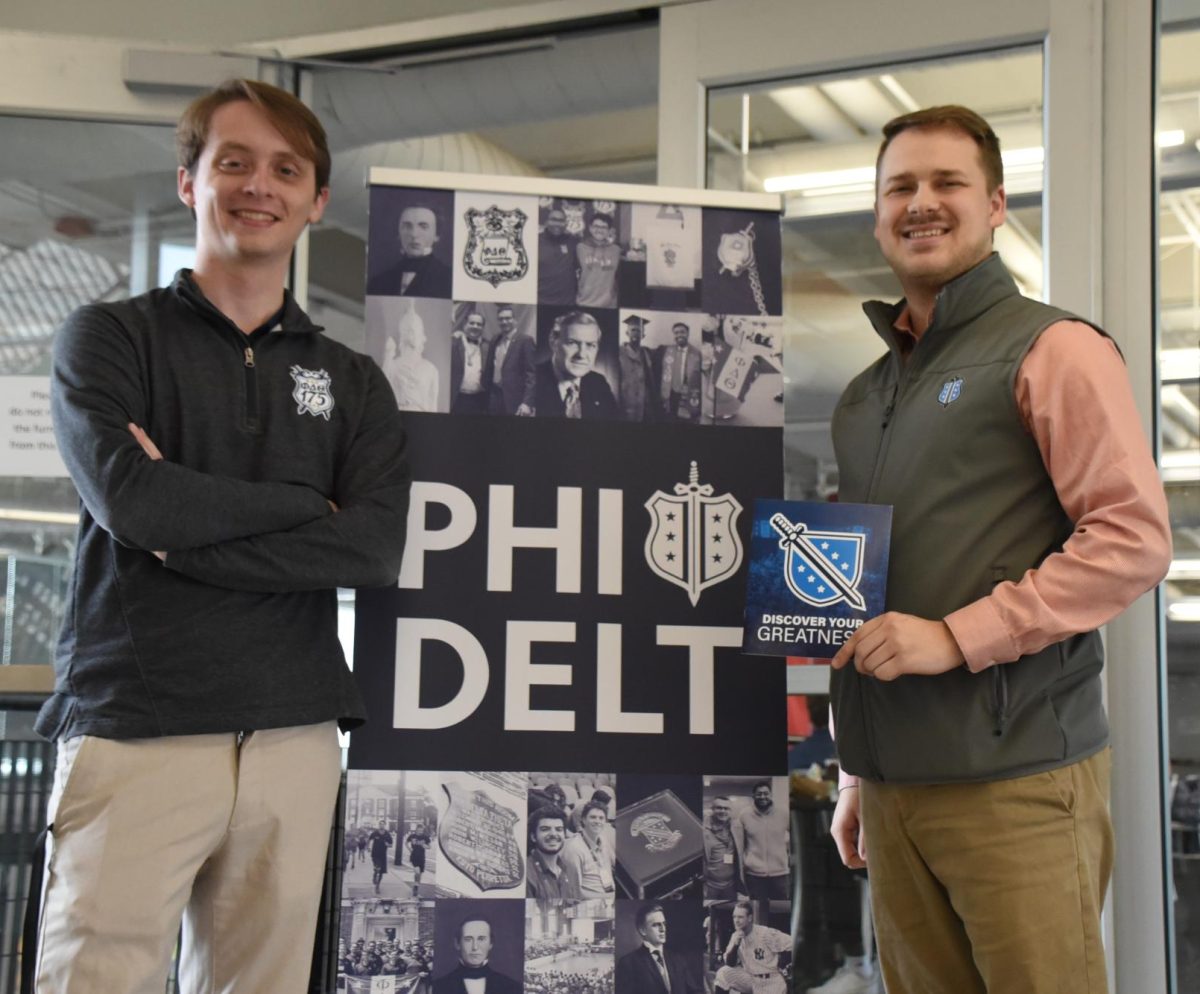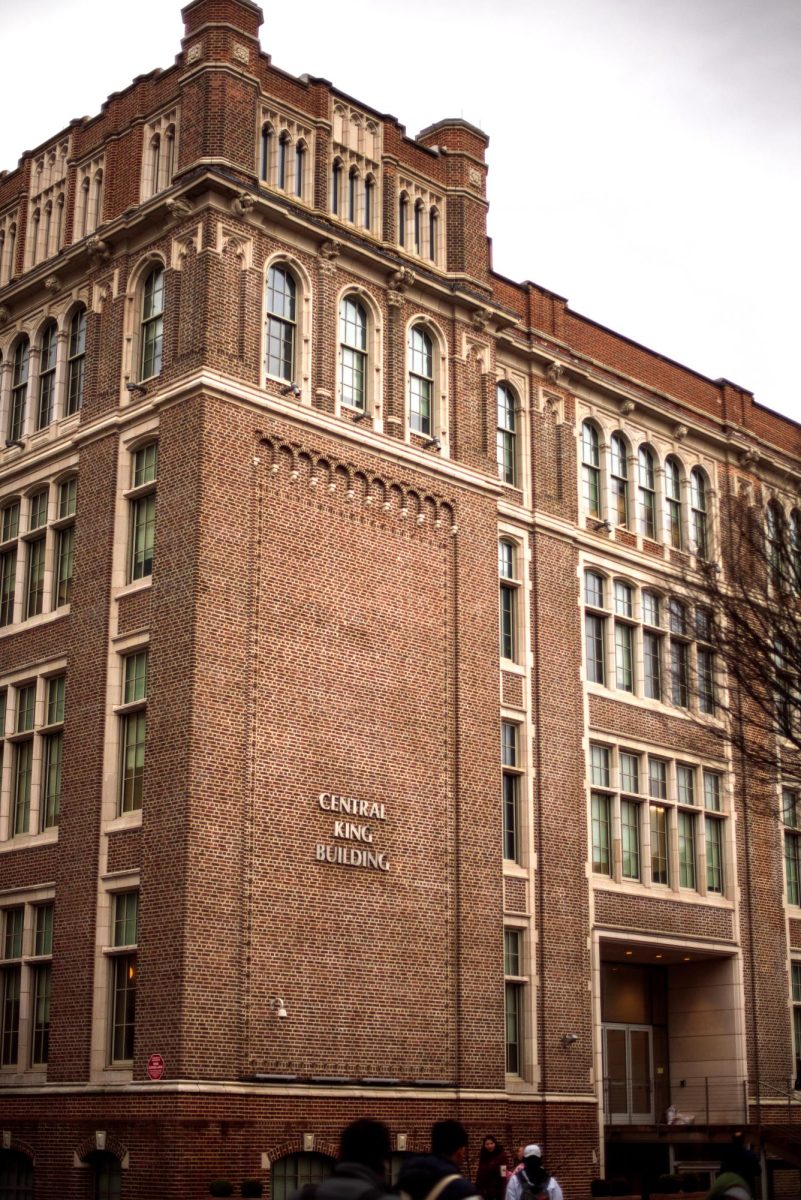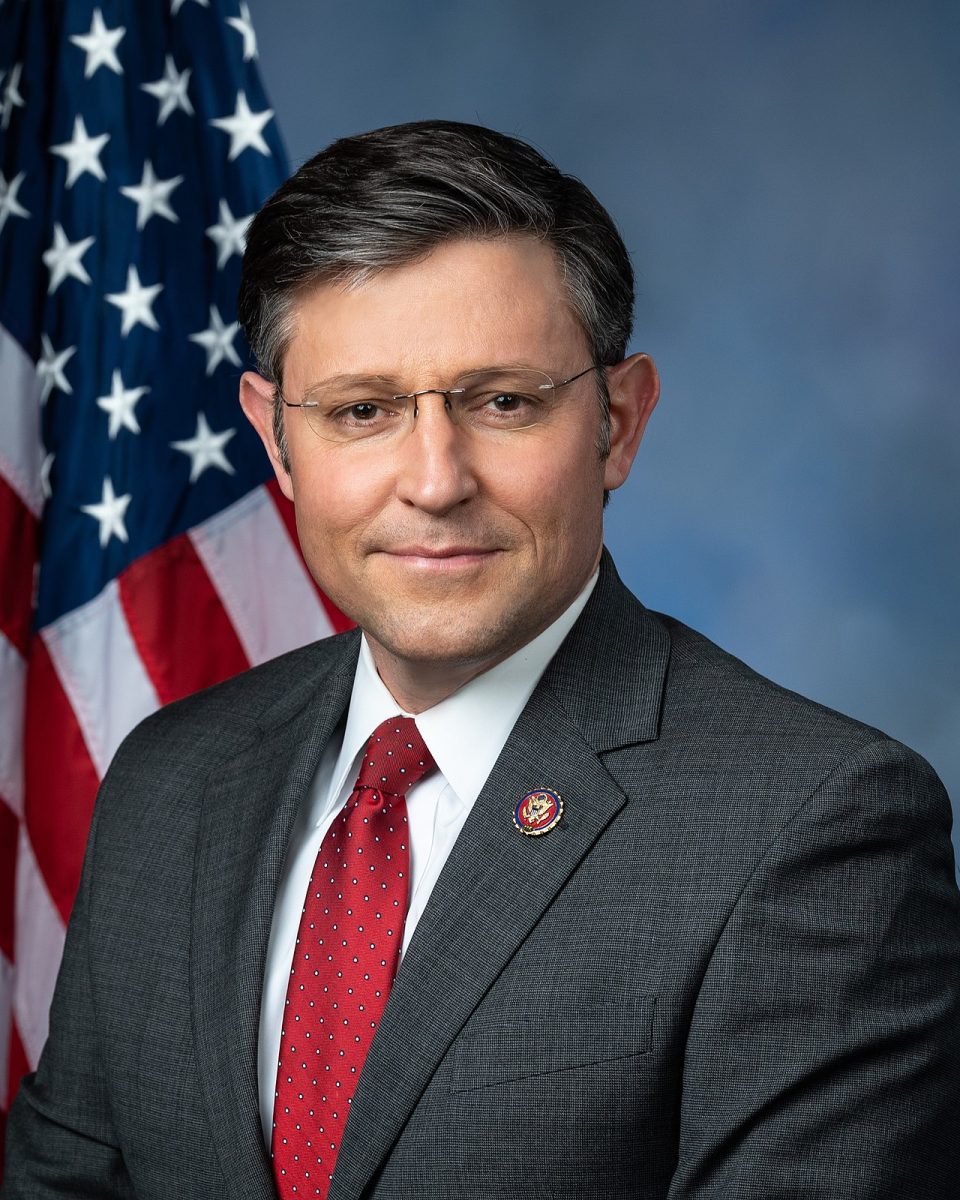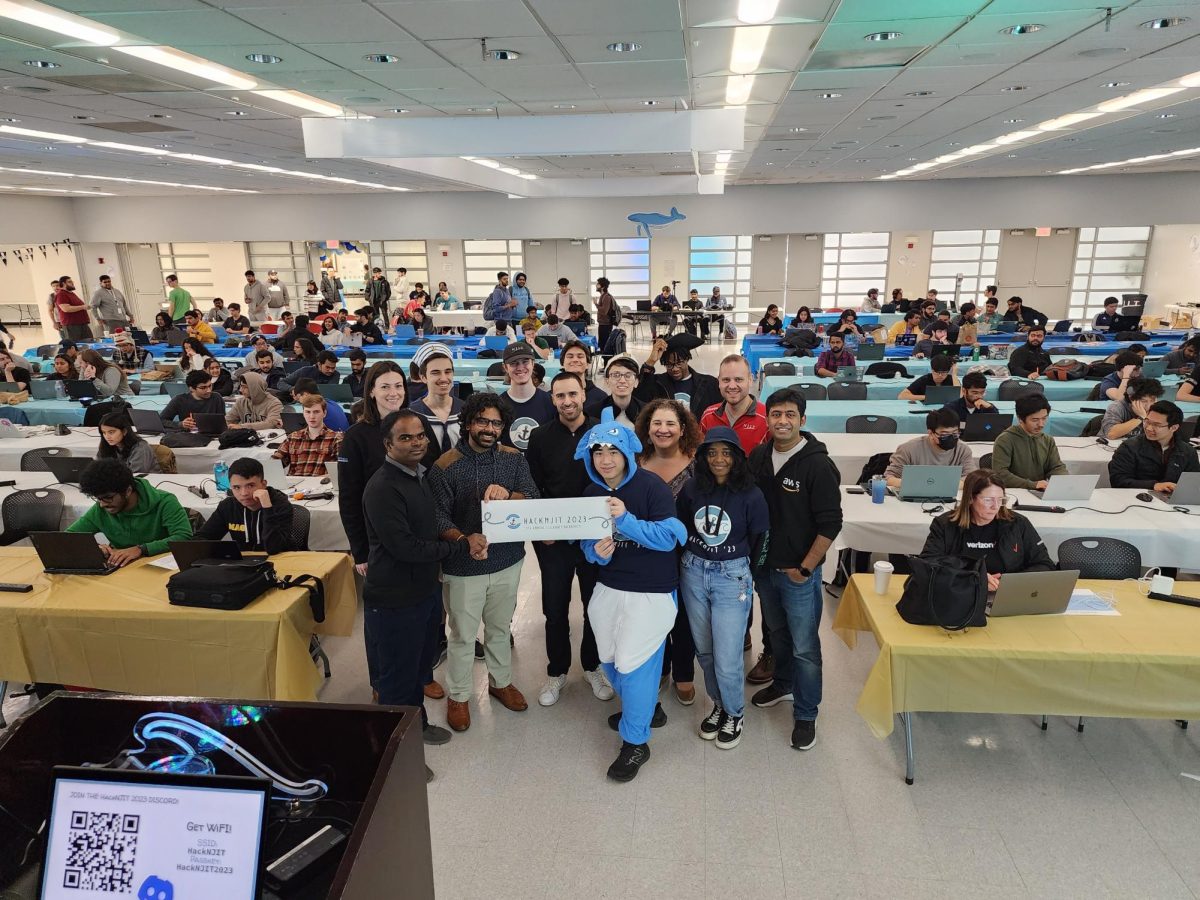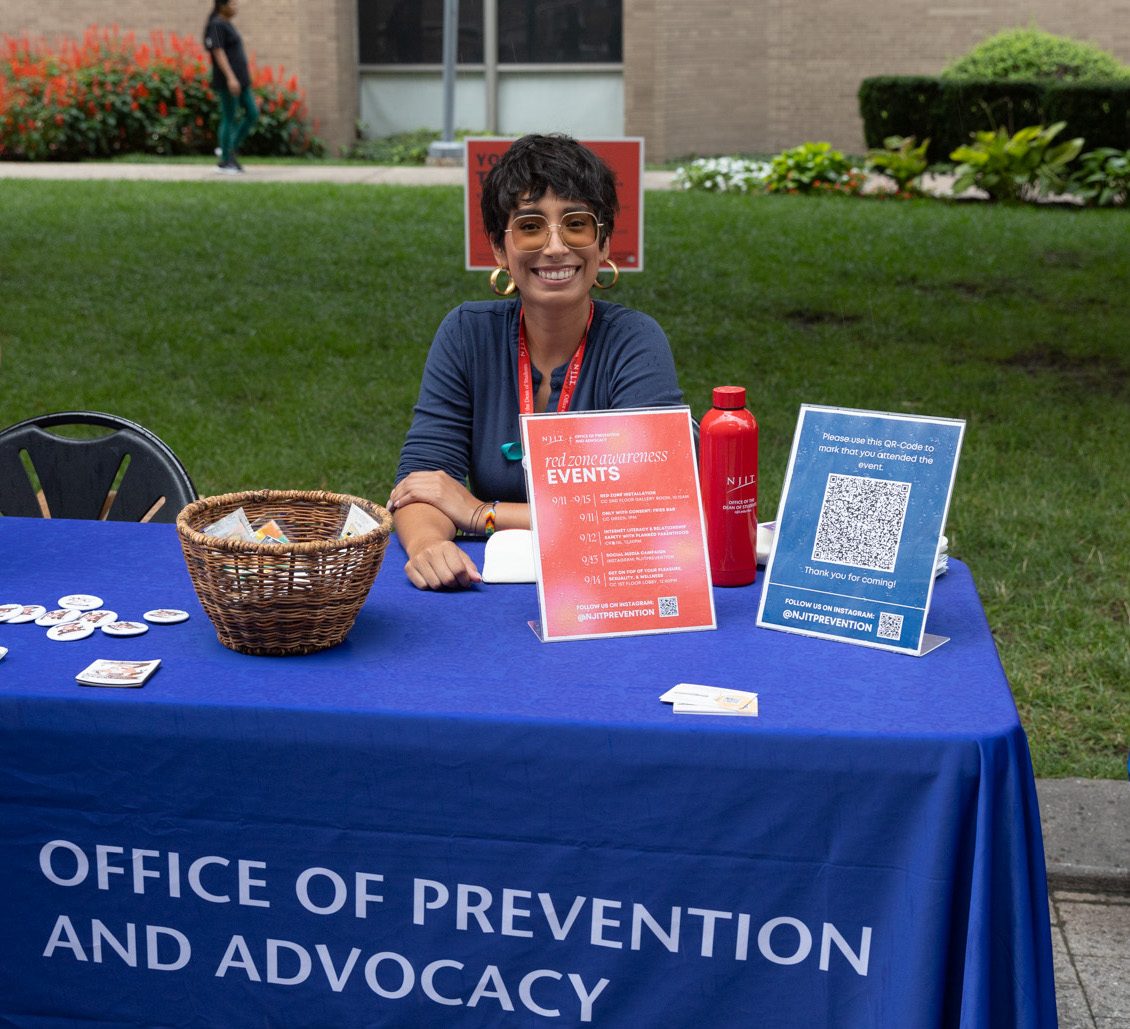Scott Rogust
April 14, 2016
The high point of the college basketball season is the annual March Madness tournament. However, this year it was marred with controversy.
No, not a controversy that cost a team a victory in the tournament. This year the ongoing problem of NCAA academic fraud continued to take away from the actual game being played. This year’s final four involved Villanova, University of Oklahoma, University of North Carolina, and Syracuse University. Two of these four teams- North Carolina and Syracus- were found guilty in academic fraud cases this seasons. The fact that North Carolina was one of the best teams this season pretty much guaranteed that they were going to be added to the tournament, although a majority of fans and reporters believed that they should have been punished and banned from the tournament. North Carolina was one of the best performing teams this season, virtually guaranteeing them a spot in the March Madness tournament. A majority of fans and reporters believed they should have been punished and banned from the tournament after their case of fraud was exposed. However, the big shock of the tournament selection show was that Syracuse was chosen as the # 10 seed in the Midwest region of the bracket, snubbing teams such as Saint Mary’s University, Monmouth University, and San Diego State University, who all had better win-loss records than Syracuse. Syracuse suffered a severe punishment this season when head coach Jim Boeheim was suspended nine games this season for his involvement in academic fraud that went on under his proverbial roof since 2001. Not only was he suspended, but he had to vacate 108 wins from his overall coaching record, the NCAA stripped Syracuse of 12 basketball scholarships, five years of probation, and to return all funds the college received from three tournament appearances.
“Over the course of a decade, Syracuse University did not control and monitor its athletics programs,” said the NCAA in it’s statement last March, “and its head men’s basketball coach failed to monitor his program.” (ESPN)
The fact that it took almost a decade to discover these infractions kind of makes the NCAA look bad, so this punishment is a sort of redemption for themselves. Although Boeheim inflicted a self-suspension from last season’s March Madness tournament, he still feels that he was not cheating.
“But when they say ‘cheating’, that’s not true,” says Boeheim. “Rules being broken is a lot different. Cheating to me is intentionally doing something, like you wanted to get this recruit so you arranged a job for him, or you went to see him when you shouldn’t.”
On to North Carolina. The Tar Heels entered the season as the #1 overall team in the country. However, that was marred over the summer of 2015 as reports came out of an academic fraud investigation to the university’s basketball program. The main violation of NCAA regulations was the creation of fake classes in the university’s African studies program to help athletes improve their GPA so the can maintain their academic eligibility. These fake classes have been going on from 1993-2011, with about 1,550 students being athletes. The university was placed on one years probation.
“We’ve been investigated by 73 people and all the 12 disciples of the Lord it feels like,” said North Carolina head coach Roy Williams, “and every one of them has said, ‘Roy Williams didn’t know anything about this; he didn’t do anything.'”
Roy Williams has not been proven of having any involvement in these allegations, but it does hurt his reputation that this went on under his coaching position.
It seemed only fitting that the two teams accused of academic fraud were playing each other in the semi-finals of this year’s tournament. North Carolina defeated Syracuse 83-66. If fans were against either of these teams winning the prestigious NCAA National Championship, they got their wish as Villanova defeated North Carolina 77-74 on a now infamous, three-point buzzer beater by Kris Jenkins.
With the amount of media coverage both North Carolina and Syracuse have received, it makes it seem like this is the first time academic fraud has occurred in an NCAA university. However, this is not the case. There have been numerous cases of academic fraud over the years, and it becomes upsetting when a fan can scoff at it, saying, “Wow. That’s a shocker.” The college fan is used to this occurrence, which should not be the case. The NCAA is doing all it can to stop any violations, but it seems like they are not leaving a outstanding impact on other universities to “not do this ever again.” Will academic fraud come to an end any time soon? If we look back on history, there are going to be ways for some coaches, athletic departments, and universities to avoid getting caught.
























